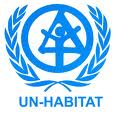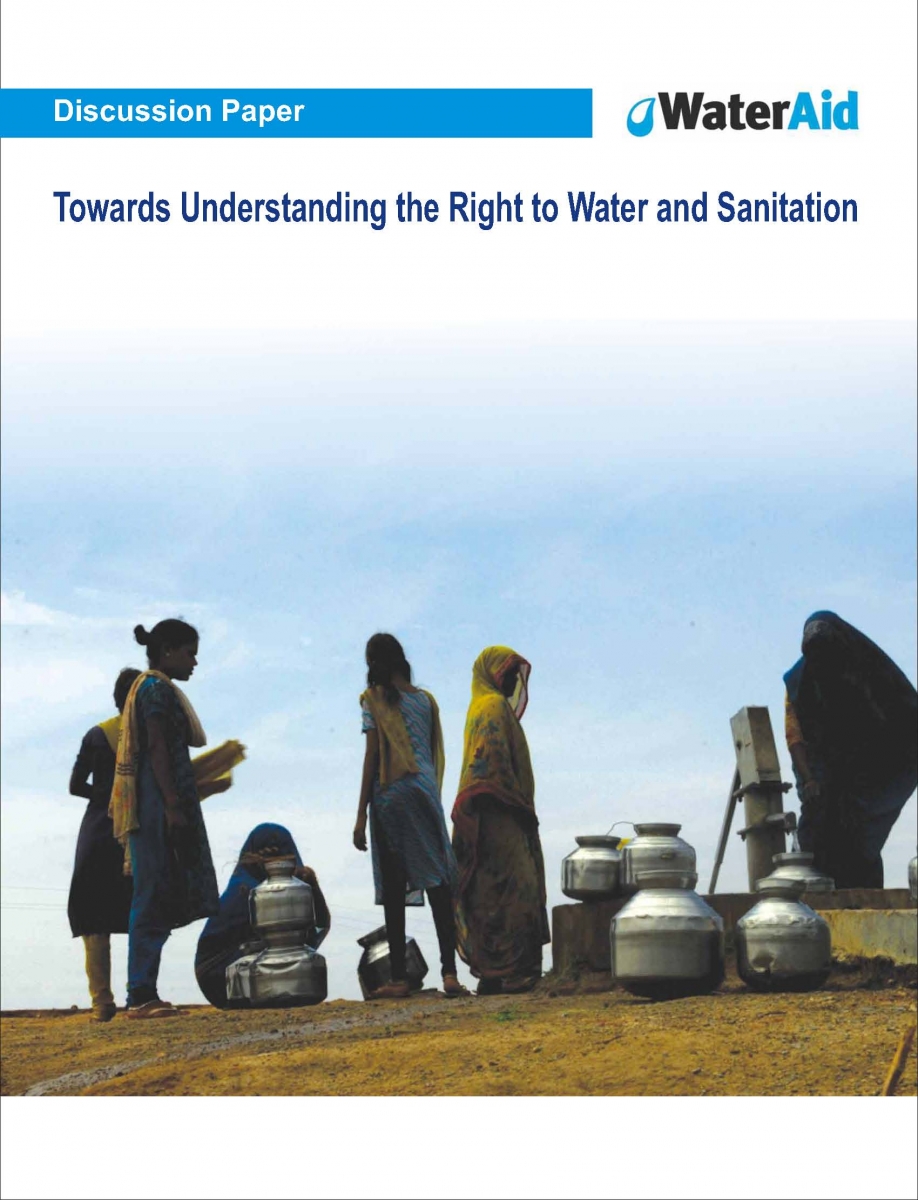Sanitation
Financing onsite sanitation for the poor : A six country comparative review and analysis A report by WSP World Bank
Posted on 22 Nov, 2014 10:30 AMThis report by the Water and Sanitation Programme (WSP) draws attention to the fact that a very high percentage (40%) of the population in the world does not have access to basic level of sanitation, which has serious health consequences and puts a considerable economic burden on the poor. The report explores the issue of what can be the most appropriate financing mechanisms to meet the sanitation needs of the poor.
Rejuvenation of community toilets A policy paper by UNHABITAT and Government of Madhya Pradesh
Posted on 22 Nov, 2014 10:30 AM The policy paper examines the condition of community toilet in terms of its infrastructure, operation & maintenance, uses and payment of user charges. The paper is a result of a joint collaboration between Water for Asian Cities (WAC) Programme of UN-HABITAT and the Directorate of Urban Administration & Development, Government of Madhya Pradesh.
The policy paper examines the condition of community toilet in terms of its infrastructure, operation & maintenance, uses and payment of user charges. The paper is a result of a joint collaboration between Water for Asian Cities (WAC) Programme of UN-HABITAT and the Directorate of Urban Administration & Development, Government of Madhya Pradesh.
In Madhya Pradesh, WAC is supporting Asian Development Bank-financed project in cities of Bhopal, Gwalior, Indore and Jabalpur to improve and expand urban water and sanitation services. This study has been taken up to monitor implementation of the water and sanitation related targets.
Longest toilet queue campaign by WaterAid Orissa in Puri
Posted on 22 Nov, 2014 10:30 AMThe World's Longest Toilet Queue on 20th March 2010 at Puri sea beach.
Click on the attachment to read the entire report.
NWS has developed a self sustainable flush toilet system SMARTSAN
Posted on 22 Nov, 2014 10:30 AMEXECUTIVE SUMMARY
Introduction
It is a well documented fact that the combination of safe drinking water and hygienic sanitation facilities is a precondition for health and for success in the fight against poverty, hunger, child deaths and gender inequality. Yet 2.6 billion people – half the developing world – lack even a simple ‘improved’ latrine. One person in six – more than 1 billion of our fellow human beings – has little choice but to use potentially harmful sources of water.
Bharat Integrated Social Welfare Agency BISWA Orissa organises Clean water for healthy world program
Posted on 22 Nov, 2014 10:30 AMBharat Integrated Social Welfare Agency (BISWA) is a social development agency based in Orissa and working across 14 other states through its integrated micro finance programme to extend women empowerment and social development objectives.
Towards understanding the right to water and sanitation A discussion paper by WaterAid India 2009
Posted on 22 Nov, 2014 10:30 AM The right to water and sanitation is necessary for the enjoyment of other human rights, including the right to life and human dignity, the right to health, the right to adequate food, the right to development and the right to a healthy environment.
The right to water and sanitation is necessary for the enjoyment of other human rights, including the right to life and human dignity, the right to health, the right to adequate food, the right to development and the right to a healthy environment.
This discussion paper from WaterAid India, examines the need and background of the right to water and sanitation (RTWS), in both the global context (using existing International Human Rights conventions) and in the Indian context (using the Indian Constitution).
The paper lays down specific details of what a RTWS would entail, in terms of exact provisions that citizens could be entitled to. It also details the difference between RTWS and water rights, examines the judicial interpretation of such a right, using analysis of past cases related to RTWS.
Assessment of water and sanitation facilities of Madanpur Khadar in New Delhi A research study
Posted on 22 Nov, 2014 10:30 AMThis research study done as part of the author's dissertation work is an attempt to assess the water and sanitation situation of a resettlement colony, Madanpur Khadar, on the outskirts of New Delhi. The lack of safe drinking water and sanitation facilities is a major problem affecting most communities, particularly rural and urban slum and resettlement colonies like Madanpur Khadar.
Promote sustainable sanitation solutions in South Asia March 2010 issue of eDisha
Posted on 22 Nov, 2014 10:30 AM
March 2010 issue of e-Disha from the CDD Society. An effort to disseminate knowledge to promote sustainable sanitation solutions in South Asia.
Workshop on developments in waterless urinals technology on 6th March 2010
Posted on 22 Nov, 2014 10:30 AMIIT Delhi is organizing a “Workshop on Developments in Waterless Urinals Technology” on 6th March 2010 (Saturday) at MicroModel Complex of IIT Delhi between 10 AM and 4 PM.
The objective of the proposed workshop is to create awareness on the possibilities and potential of Waterless Urinals Technology among different stakeholders such as policy makers, practitioners, manufacturers and the general public.
Communityled total sanitation newsletter for February 2010
Posted on 22 Nov, 2014 10:30 AM
Community Led Total Sanitation (CLTS) is an innovative methodology for mobilising communities to completely eliminate open defecation (OD).
Communities are facilitated to conduct their own appraisal and analysis of open defecation (OD) and take their own action to become ODF (open defecation free).





